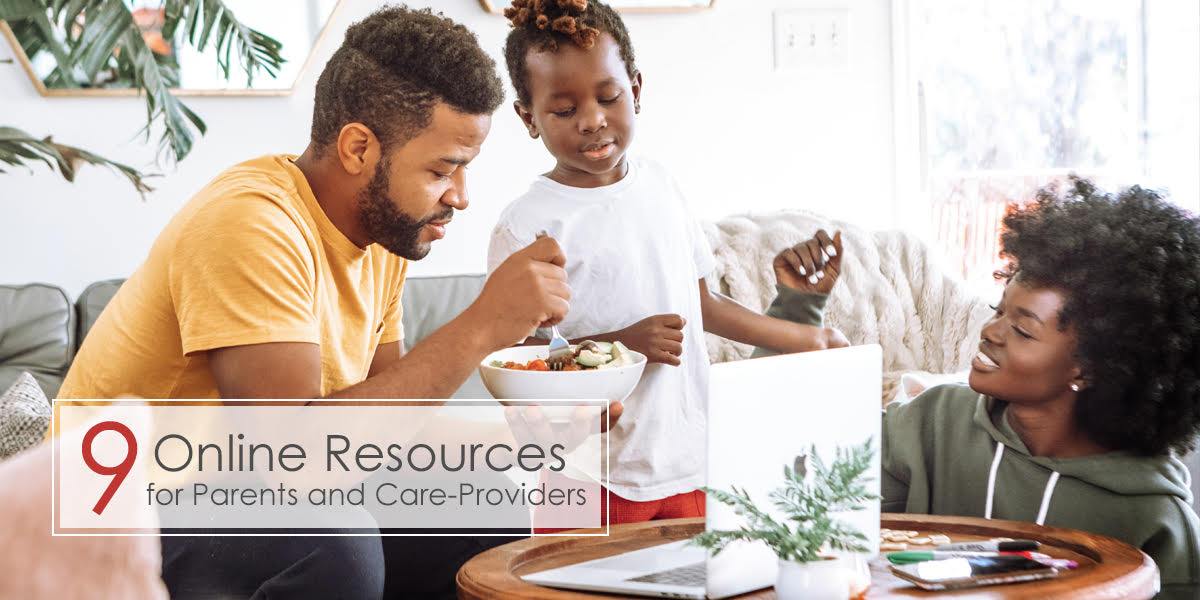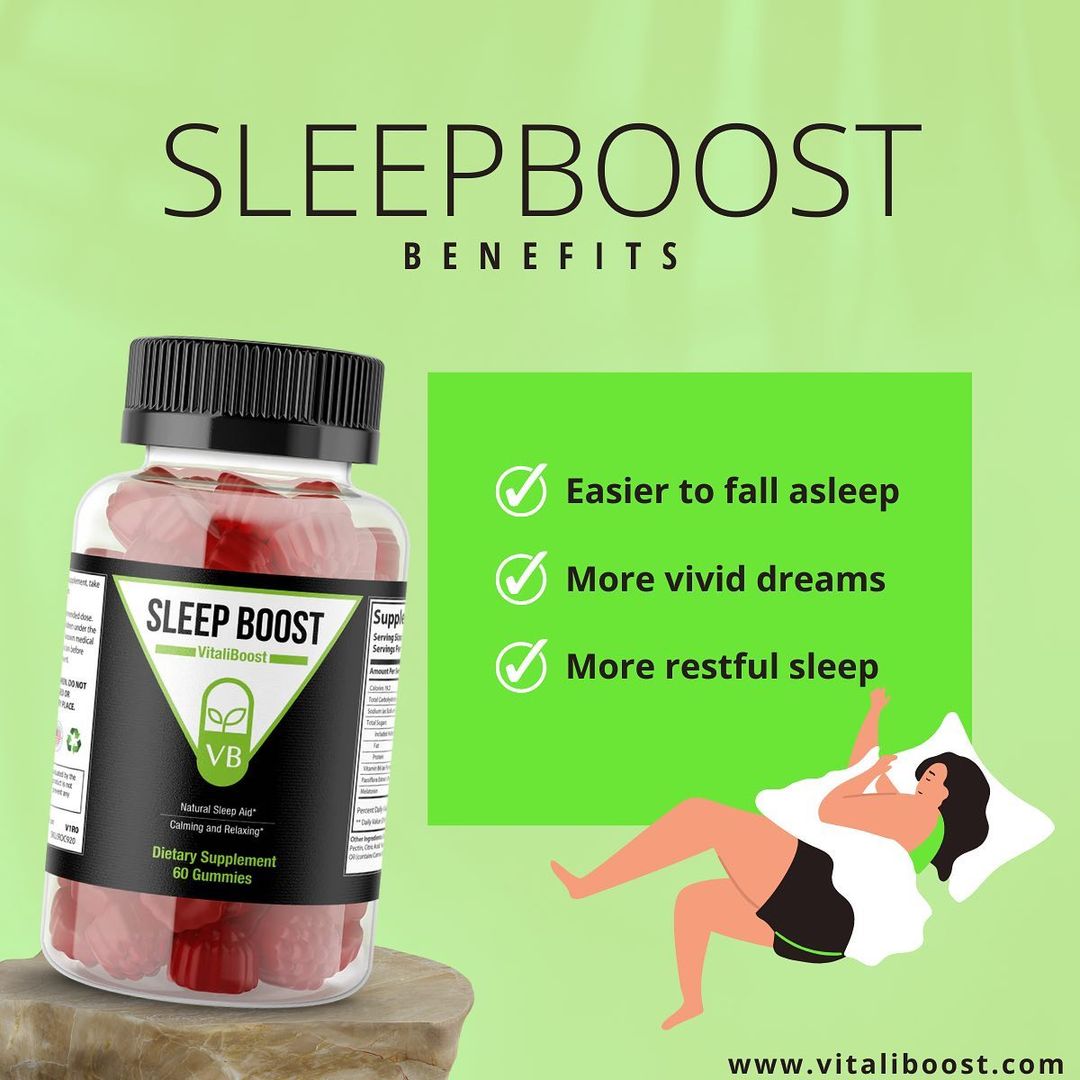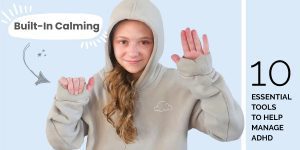
The worldwide web is an exciting place that allows us to stay connected more than ever before. Resources that once felt far away, can now be accessed by the click of a button. We’ve compiled a list of online resources that can be helpful for: parents, expecting parents, and families with children who require additional care.
1. Cerebral Palsy Guide
A comprehensive digital resource providing valuable information on the background of the disease and viable treatment options.
They offer practical information on how parents and providers can offer the best care for their children as they grow and mature into adulthood. They also offer a robust community section on their website to provide families with additional support.
Link: cerebralpalsyguide.com
2. Early Intervention Services (available per State)
Early Intervention services vary per state, please make sure you access the correct information based on where you are located.
The content on this website is dedicated to supporting families with children who have disabilities. They offer helpful tips and resources to assist children with mobility disabilities as well as cognitive.
Link for NY: https://www.health.ny.gov/community/infants_children/early_intervention/
3. Healthy Children Organization
An invaluable resource that is filled with easy to understand clinical information on various health conditions. They have a special focus on child and youth health and development, and actively produce new research.
All the online published content is reviewed and contributed to by pediatricians across the country.
4. National Down Syndrome Society (NDSS)
NDSS is the largest online resource dedicated to providing information to those who care for loved ones with down syndrome. They offer resources relevant to the adult population as well as youth.
The NDSS prides itself on the tight community they have fostered through their page. They offer online resources for quick information and also can connect with you on of their 300 partner locations for more support.
Link: https://www.ndss.org
5. The American Diabetes Association
Children who are diagnosed with Diabetes will require education on how to manage their diet and health for the rest of their life. With the support from the American Diabetes Association, children and families can develop excellent habits which will support excellent blood sugar control across the lifespan.
Link: https://www.diabetes.org/
6. The Cystic Fibrosis Foundation
This foundation is the largest Cystic Fibrosis focused group across America. They host an active blog, feature up-to-date best practices, and offer many tips for care providers.
Similar to other sites we have mentioned, they offer an active virtual community to further support families and care providers.
Link: https://www.cff.org
7. The American Foundation for the Blind
This group has been working for over 100 years to better serve those who are suffering from vision loss.
They are heavily involved with advocating for those affected by vision loss. They strive to ensure they have equal opportunities for education, careers, and receive a high quality of life.
Link: https://www.afb.org
8. The National Association for the Deaf
This online resource has information relevant for all ages, including youth. They provide extensive information for families and caregivers to increase their confidence when caring for someone suffering from hearing loss.
Their resource section includes information on learning American Sign Language, how to maximize the use of technology, and even recommendations on how to travel safely.
Link: https://www.nad.org/
9. National Eating Disorder Association (NEDA)
During the pandemic the rates of disordered eating has never been higher. It is extremely stressful for families because so little support is available in this area of health. NEDA strives to fill these gaps and provide patients and families with more information.
NEDA offers the “Confident Body, Confident Child” program which care providers on how to create an environment that promotes body positivity. It is recommended to implement these strategies at the school age, but NEDA also suggests that older children can benefit from these approaches as well.
Link: https://www.nationaleatingdisorders.org/learn
Image credit: Jimmy Dean on Unsplash







